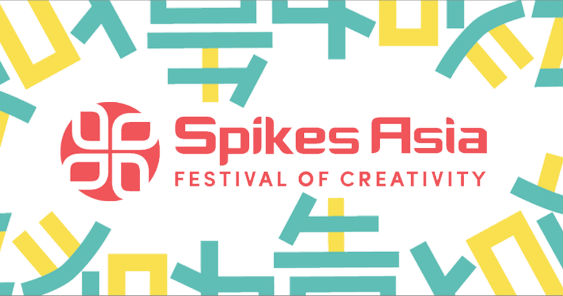SINGAPORE – Out of 47 entries under Innovation and 23 under Creative Effectiveness, the jury has announced 11 and 9 finalists for each category respectively.
Dentsu Tokyo leads the Innovation shortlist with two slots while Colenso BBDO tops the Creative Effectiveness category also with two finalists.
Here are the full shortlists:
Sponsor
Innovation
Creative Effectiveness
The winners will be announced later tonight at the awards ceremony to be held at Ritz Carlton.








